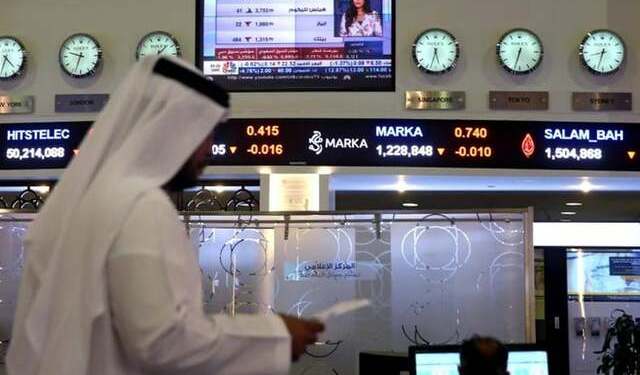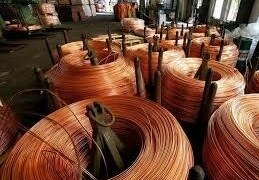(Jan 23): Rubber production in Thailand, the world’s largest exporter, may decline as growers from the main producing regions join protests seeking to overthrow the government, according to Von Bundit Co.
Output may drop 10 percent to 20 percent this month and in February from an average of 300,000 metric tons to 350,000 tons a month, Bundit Kerdvongbundit, vice president of the country’s second-largest producer, said in an interview. Thailand’s 14 southern provinces account for about 80 percent of output.
The forecast for lower supplies adds to signs that the anti-government protests are harming Southeast Asia’s second- largest economy. The central bank yesterday cut its estimate for growth this year to about 3 percent from 4 percent. Prime Minister Yingluck Shinawatra declared a state of emergency in Bangkok this week as an escalation of attacks on protesters threatened to derail elections scheduled for Feb. 2.
“Many factories are having difficulties in procuring raw materials,” Bundit said by phone yesterday. “The prospect of declining output has raised concerns supplies will tighten when the low-production season starts around the end of February.”
Futures traded 0.4 percent lower at 247.1 yen a kilogram ($2,367 a ton) on the Tokyo Commodity Exchange at 12:33 p.m. local time. Earlier, prices gained as much as 1.2 percent and fell 1.3 percent, with the drop to a five-month low of 245 yen spurred by weaker-than-expected factory data from China.
Political Unrest
“A decline in Thailand’s rubber output is likely especially after taking into account the current political unrest,” said Vanessa Tan, an analyst at Phillip Futures Pte. in Singapore. “I do not see any tightness in supply even with a possible decline in Thailand’s rubber output. Rubber inventories in both China and Japan are high and have been increasing recently, painting a picture of oversupply.”
Reserves in warehouses tracked by the Shanghai Futures Exchange climbed 15 percent to 200,815 tons this month, the highest level since 2004. China is the world’s largest consumer of the commodity used to make tires and gloves.
Some shipments may be delayed if the siege of offices involved in issuing export documentation continued for a week, Bundit said. The Phuket-based company produces about 951,000 tons of rubber a year, according to its website.
Auctions have been canceled on seven trading days since Jan. 13 in Surat Thani market, one of the three state-run centers in the south, according to the institute. Results from the auctions at the markets are used by the institute as indicators to set the country’s benchmark price.
Laid Siege
Protesters laid siege to government offices in the southern provinces on Jan. 20 to intensify pressure on the caretaker government to resign. Nine people have been killed since demonstrations began in Bangkok in October. The southern provinces are an electoral stronghold for the opposition Democrat party, which has said it will boycott the election.
“Prices may climb after the Chinese holidays amid concerns of a supply shortage during the wintering season,” Bundit said. Wintering is the period when rubber trees shed their leaves, cutting latex yields. The Lunar New Year begins on Jan. 31
The turmoil has hurt the economy and currency, Finance Minister Kittiratt Na-Ranong said on Jan. 16. Prolonged protests are credit negative and will weigh on an already fragile outlook for growth, according to Moody’s Investors Service.
Thailand’s total rubber production may expand this year at less than the usual rate of 3 percent to 5 percent, Bundit said. Increased production from the northeast region may make up for output lost because of the protests, the executive said.
Thai rubber production may climb 4.3 percent to 4 million tons this year, expanding for a fourth straight year because of an increase in acreage, according to a forecast from the Office of Agricultural Economics.
Source: theedgemalaysia.com



























